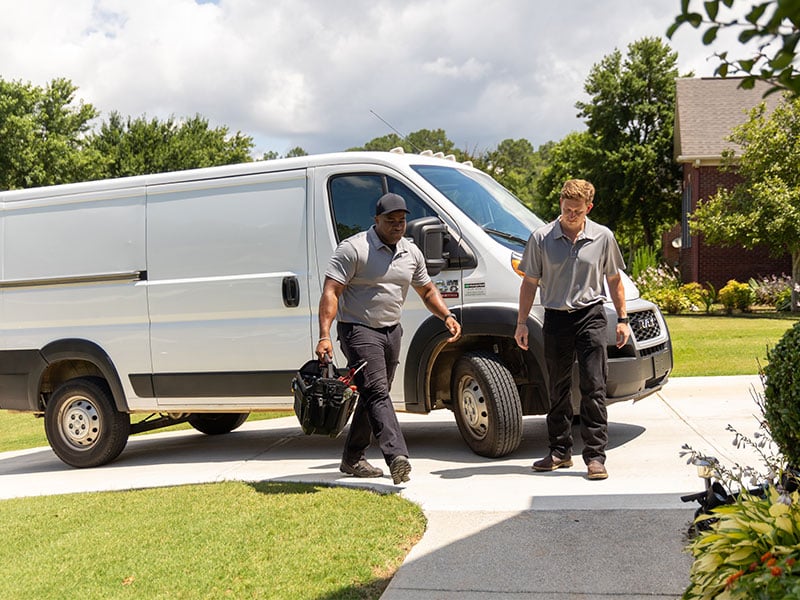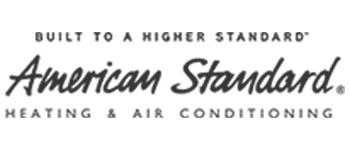Miramar Beach Plumbing FAQs
Knowing how your plumbing system works allows you to make better decisions about maintenance and repairs. We’ve compiled answers to common plumbing questions to help keep your home or business operating smoothly.
If you need more information, check out our Plumbing Tips and FAQs pages or reach out to us for expert guidance tailored to your situation.
A rotten egg smell in your water is often caused by hydrogen sulfide gas or bacteria in your plumbing system. The most common causes include:
- Water heater bacteria: If the anode rod in your water heater reacts with sulfur in the water, it can create hydrogen sulfide gas, resulting in the smell.
- Well water contamination: Homes using well water may have naturally occurring sulfur bacteria in their supply.
- Plumbing system issues: Bacteria buildup in pipes can also produce an odor, especially in stagnant water areas.
Flushing the water heater, replacing the anode rod, or installing a filtration system can help eliminate the smell. If the problem persists, a plumber can test the water to determine the best treatment.
A sewage odor in your home is often a sign of a plumbing issue. Dried-out drain traps, blocked sewer vents, or leaks in the sewer line can allow gases to escape into your home. If the smell is strongest near a sink or floor drain, running water through the drain may restore the trap seal and eliminate the odor.
If the smell persists, it may indicate a cracked pipe or a venting problem that requires professional inspection.
Whistling pipes are typically caused by restricted water flow, high pressure, or worn-out components. The most common reasons include:
- Partially closed valves: If a shut-off valve isn’t fully open, water can move through a restricted space, creating a whistling sound.
- Clogged or corroded pipes: Mineral deposits and rust can narrow pipe openings, increasing water velocity and noise.
- Faulty faucets or fixtures: A worn-out washer or aerator inside a faucet can cause a whistling sound when water flows through.
Checking shut-off valves, cleaning aerators, and inspecting pipes for buildup can help pinpoint the issue. If the whistling persists, a professional can assess your plumbing system for underlying problems.
A slow-draining sink is typically caused by a partial blockage in the drainpipe. Over time, debris like soap scum, grease, hair, and food particles can build up, restricting water flow. In kitchens, fat, oil, and grease (FOG) are common culprits, as they solidify inside the pipes. For bathroom sinks, hair and soap residue often form stubborn clogs.
To resolve the issue, try using a plunger, drain snake, or a natural drain cleaner (baking soda and vinegar mix). If multiple sinks are slow to drain, it could indicate a deeper blockage in the plumbing system that requires professional cleaning.
Loud banging or “water hammer” occurs when the flow of water is suddenly stopped, causing pressure waves to rattle the pipes. This can happen due to:
- High water pressure: Excessively high pressure forces water to stop abruptly, creating shock waves.
- Worn-out air chambers: Plumbing systems have built-in air chambers that absorb pressure changes, but they can become waterlogged over time.
- Loose pipes: If pipes aren’t securely fastened, they can move and bang against walls when water flow is suddenly shut off.
Installing a water hammer arrestor or adjusting your home’s water pressure regulator can help prevent pipe noise and potential damage. If the issue persists, a professional plumber can inspect and secure loose pipes.
Get a Plumbing Quote for Service in Miramar Beach
For nearly 30 years, Emerald Bay Plumbing has been the trusted choice for plumbing solutions in Miramar Beach. As a fully licensed and insured provider, we continue to deliver reliable service to homes and businesses across the Florida Panhandle.
Call (850) 252-8249 or send us a message to schedule your service today.






